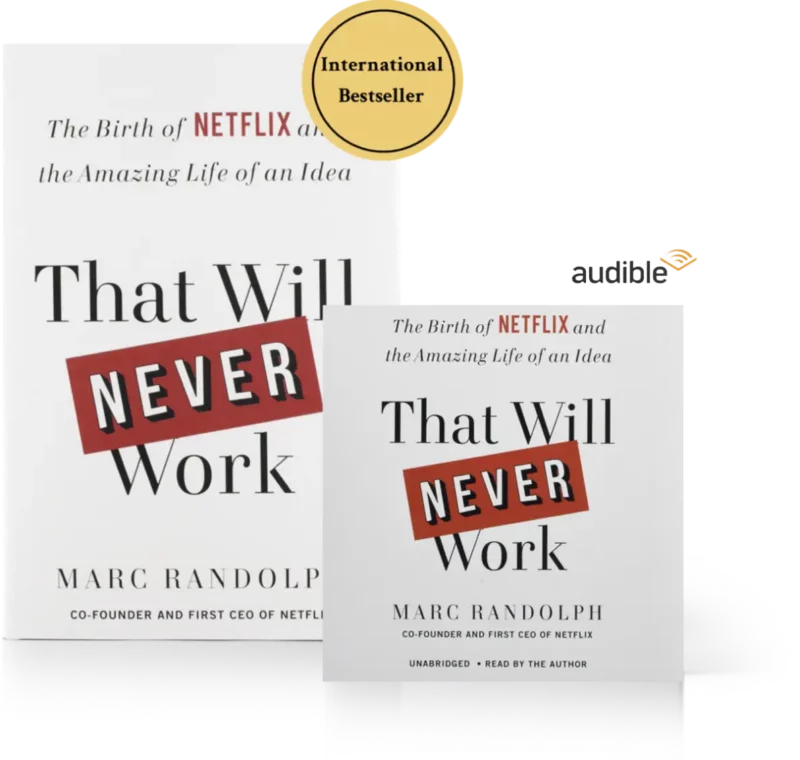Why I Never Run for Airplanes.
And why it never makes a difference.

Before Covid, I used to spend a lot of time in airports. And no matter what city I was in, no matter what time of day, I saw it at least once: a harried traveler sprinting through the terminal, trailing rolling suitcases, scarves, and sometimes even small children in their wake, in a desperate attempt to make it to the gate before the door closed.
And every time, it made me shake my head.
Not because I’m smug about being early for my own flight. But because over decades of traveling, I’ve learned something important:
You should never, ever, run for a plane.
It’s kind of a philosophy, really. And I learned it in Paris, back in the 1980s, sweating through a wool overcoat, in a middle seat of a taxiing 727.
Back then, I worked out of Borland Software’s European headquarters. I was based in Paris, but Borland had regional offices all across Europe. Most weeks, my job entailed visiting three or four of them, usually as day trips. I’d catch an early flight out of Paris, land in Madrid at eight in the morning, spend the day in some generic conference room, then fly home that night, only to repeat the process with London the following day.
I was flying six to eight times a week, and very quickly I learned a few hacks: How to pack my rolled up belt into the collar of my spare shirt so that it wouldn’t wrinkle in carry-on luggage; which café had the best cappuccino in the Milan airport; that I could sneak in a covert nap in the SAS lounge in Copenhagen.
But it took me a while to realize the folly of running for a flight, and back then it seemed to happen all the time. Traffic would be bad in Stockholm, or a meeting would run late in Amsterdam, and I’d find myself race-walking through passport control, then breaking into a full-on sprint as I reached the open concourse, my polished black oxfords clopping on the tile, my tie whipping behind my shoulders.
Which brings me to that fateful day in Paris. I’d made it onto the plane just minutes before the scheduled departure, and at first, I was proud of my mad dash through Charles de Gaulle. A bit sweaty, a bit uncomfortable, but I’d made it.
Then the plane sat there with the door open for five minutes. Then ten. A couple of relaxed passengers walked through the door and found their seats. None of them were sweating.
Twenty minutes went by. Thirty. By the time the door finally closed and we took off, I’d been marinating in my own sweat for over an hour.
I could have been blindfolded and on crutches and still made that flight.
I was frustrated. But I was also curious — how often did running actually make a difference in whether or not I made it onto an airplane?
Over the course of that flight, I informally reviewed the data. I’d probably run for fifty flights in the previous year, and I couldn’t remember a single time where I’d scored the winning goal just as the buzzer sounded. Every single time I had either made it to my seat with time to spare, or I had pulled up to an empty boarding lounge, where through the window I would see my flight taxiing away without me.
After comparing my experience with other road warriors, I’m guessing that running for a plane makes the difference about once in a hundred times. And I promise you: a one percent chance of success is not enough to ruin a suit over. It’s not worth sweating uncontrollably next to a disdainful Parisian. One percent simply isn’t worth the stress of the sprint.
In the next twenty-five years and the ensuing 3 million miles or so of air travel, I never ran for a plane again.
But running for airplanes isn’t just a travel tip. It’s a way of thinking about work-life balance.
Let me explain.
In the business world, entrepreneurs and leaders often brag about their attention to detail. They’ll involve themselves in every negotiation to make sure every deal point is perfect. They’ll want to review every underling’s decision in advance to ensure it’s right. They’ll modify the font size in a pitch deck, thinking “you never know” which detail will be the one that closes that big deal.
I listen to this kind of stuff all the time. And you know what I hear? The sound of someone running for a plane.
I’m guessing that 99% of the time, those details don’t make a difference at all. Sure, your deal-points and font choices may be better than those of less experienced colleagues, but are they going to make the difference? Sure, you won the deal, but I’d argue you were always going to win it. And if you didn’t? Well, not making those last few tweaks probably wasn’t the thing that sunk you.
You don’t close the deal at four in the morning in a last-minute review. You close it two weeks before the meeting.
You didn’t miss the plane in the mad dash through security. You missed it three hours before your flight, when you slept through your alarm.
And knowing that, what’s more important? The stressful, painful sprint with a one percent success rate? Or a pleasant afternoon, one that doesn’t end with you spraining your ankle next to a Cinnabon?
I’ve worked hard, for my entire career, to keep my life balanced with my job. In my book, I write about my Tuesday nights with my wife. For over thirty years, I had a hard cut-off on Tuesdays. Rain or shine, crisis or no crisis, I left at exactly 5 pm, and spent the evening with my best friend. We would go to a movie, have dinner, or just go window-shopping downtown together.
Nothing got in the way of that. No meeting, no conference call, no last-minute question or request. If you had something to say to me on Tuesday afternoon at 4:55, you had better say it on the way to the parking lot.
Those Tuesday nights kept me sane. And they put the rest of my work in perspective. Turns out, it’s a lot easier to see your work when you take time away from it.
That meeting can wait until the morning. That task can be delegated to someone else. The company won’t go belly up because you didn’t handcuff yourself to your desk.
Sometimes, a problem only looks big because it’s all you’ve been looking at. That’s why I counsel every entrepreneur I know to make sure that they have a life outside of work. That they have a hobby, a group of friends, something to do besides sitting in front of a computer monitor.
Get a life, I tell them. It’ll help your work.
And if you’re in an airport, struggling to make a flight, try not to break a sweat.
RECOMMENDED FOR YOU
What the Freedom & Responsibility Culture Could Mean to Your Company
Podcast Episode 72
Is it a Culture Problem or a Hiring Problem?
October 25, 2022 • 38 min
